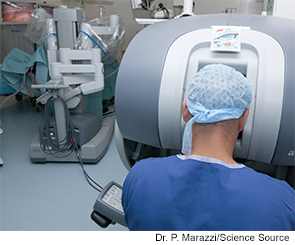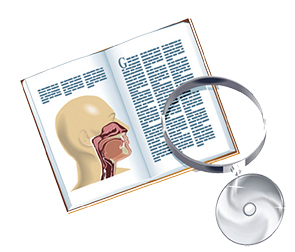Influx of younger patients, increase in head and neck cancers caused by HPV infections, advent of minimally invasive surgeries make tumor removal by robotic technology more feasible



There remains no gold standard diagnostic criteria, but research by Neuhauser et al. provide a starting point for clinicians

Nasal endoscopy has a high specificity in identifying CRS and a high level of diagnostic accuracy when used in combination with symptom criteria
Does continued medical therapy (CMT) benefit patients with medically refractory chronic rhinosinusitis (RCRS) prior to endoscopic sinus surgery (ESS)?

Ways to determine the cause of daytime sleepiness in OSA patients despite their use of a continuous positive airway pressure (CPAP) device, normalized apnea-hypopnea index
What upper airway (UA) collapse patterns can be seen during drug-induced sleep endoscopy (DISE), and how do they compare with baseline patient characteristics?
How effective is endoscopic surgical management of adult subglottic stenosis, and what are the treatment outcomes?
How sensitive and accurate is core needle biopsy (CNB) for salivary gland lesion assessment?
How safe and effective is subcutaneous immunotherapy (SCIT), particularly single allergen regimens, for treating allergic rhinoconjunctivitis and asthma?
Is there a way to medically stop the progression of sporadic vestibular schwannoma growth?